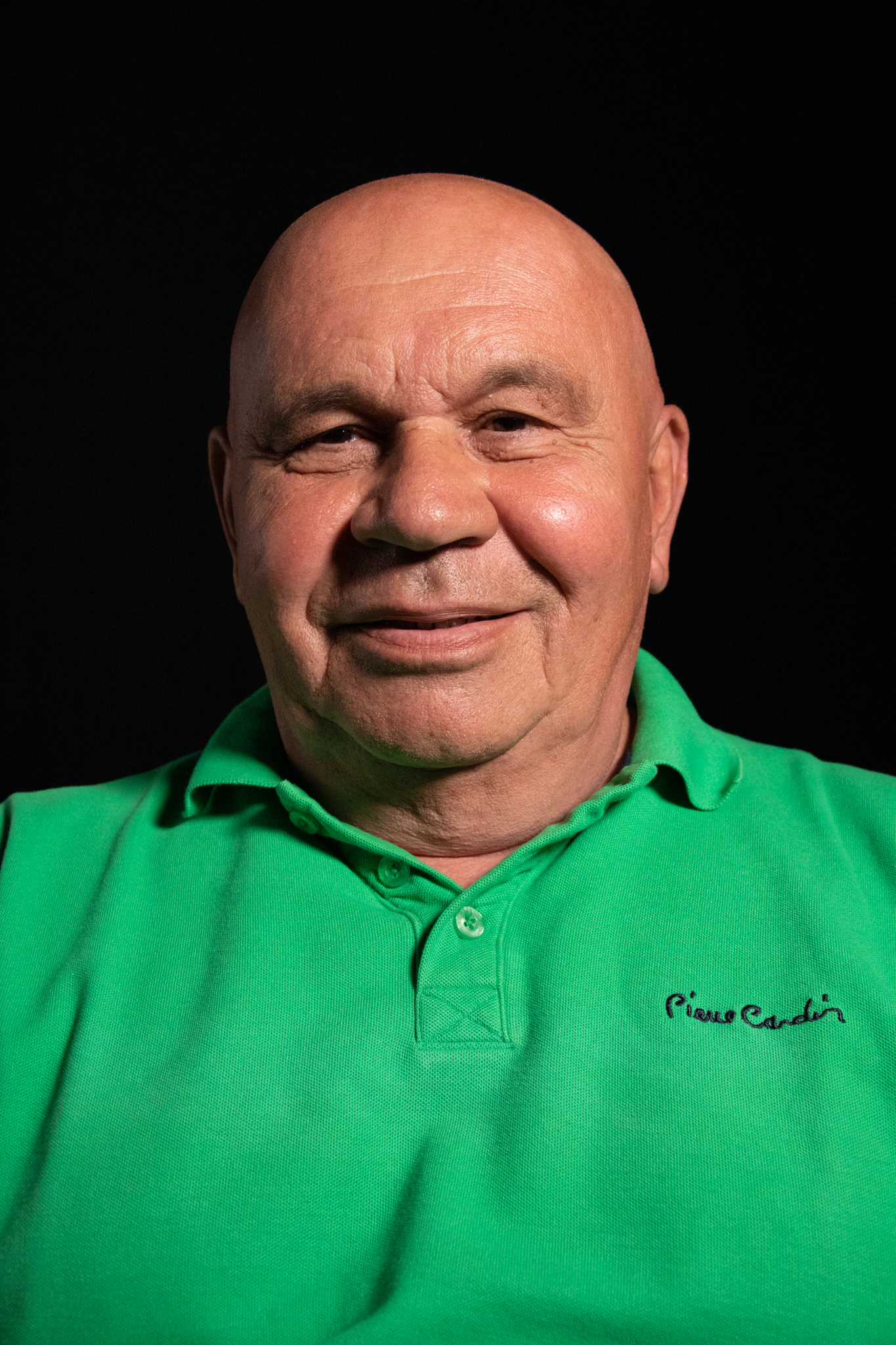I’m sorry that the company classifies you by your name

Download image
Pavel Papazov was born on 25 January 1958 in České Budějovice to Zdeňka and Nikol Papazov. His mother was Czech, his father Bulgarian, who graduated from university in Prague and later worked in diplomatic circles. He lived with his maternal grandmother in Lišov, near České Budějovice, during the invasion of the Warsaw Pact troops. He and his friends watched the tanks passing by. After the invasion, he experienced a xenophobic attack. In 1973 he entered the Secondary School of Services, Trade and Catering in Moravská Street in Vinohrady. He served his basic military service in Písek and was investigated by the Military Counterintelligence for forging leaving permits. After returning from the war, he worked for the Czech Union of Production Services in the sales department. Later he worked at Prodex and the Barbara night bar on Wenceslas Square. In the 1980s, State Security (StB) asked him to inform on its guests, which he refused. In the summer of 1989, he signed the petition Several Sentences. In the 1990s he ran discos, but eventually decided to go into the catering business. He set up a restaurant in the Prague district of Karlín, which he continued to run in 2023.

